After an intense blockbuster U.S. Supreme Court term, like the one just ended, the justices often have opted for a low key term. Not this time.
The justices have nearly complete discretion to choose the cases that they will hear. Last term, they packed their docket with cases involving some of the most contentious issues of the day. The results were, as the chief justice said in one of them, “serious jolts” to the legal system. They also damaged the public’s overall view of the court and raised questions about the court’s “legitimacy” even among some of the justices.
The court’s six-justice conservative majority eliminated women’s 50-year-old right to abortion, expanded gun rights, limited authority under the Clean Air Act to tackle climate change, and broadened taxpayer support of religious schools.
The term that ended in June, historical also for the first leak of a draft Supreme Court opinion, left many court watchers wondering how far and how fast the conservative supermajority would go to change the law. The answers to those questions may depend on the decisions in five areas and two justices.
The Justices
Until the retirement of Justice Anthony Kennedy in 2018, the Supreme Court for many years had at least once justice who was at the center of the court. That justice, commonly called the “swing justice,” had enough distance between the justice to his or her right and the justice to his or her left, that he or she could sometimes vote with the court’s liberal wing and sometimes with its conservative wing.
Justice Anthony Kennedy was the most recent swing justice. Before him, Justice Sandra Day O’Connor occupied the center and before her, it was Justice Lewis Powell Jr. As Justice Elena Kagan once explained a center justice helped to make the court appear apolitical. With six conservative justices and three liberal ones, there is no center justice on the court today. Instead, there is a median justice who appears to be Justice Brett Kavanaugh.
Kavanaugh voted with Chief Justice John G. Roberts Jr. about 95 percent of the time last term, the highest voting alignment among the justices. He also has shown a proclivity for writing separate opinions in which he sometimes attempts to limit or narrow the reach of a majority opinion. In last term’s abortion decision, for example, he wrote separately to state that he did not think there was any argument against women traveling out of state to obtain abortions. No other justice joined his opinion.
Kavanaugh and Roberts, who is not as conservative as his other conservative colleagues, are the justices most likely to attempt to slow the court’s march to the right in certain, but not all culture war issues.
The third justice to watch this term is the newest, Justice Ketanji Brown Jackson, the first Black woman to sit on the high court. She will be among three liberal justices and will most likely be in dissent in many of the biggest cases of the term. But each justice has a “voice” whether writing for the majority or in dissent. As Justices Ruth Bader Ginsburg and Antonin Scalia often said, dissenters write for the future. We will learn much about her when she raises her “voice” in her opinions and during oral arguments.
The Cases
Many court scholars and others have agreed on at least five cases offering the court’s conservative supermajority the opportunities for significant changes in the law. But it is still early in the term and the justices will continue to add new cases to their decision docket until mid-January. It is also true that sometimes a narrow or under-the-radar case can become major depending on the decision.
For now, as the new term unfolds, these are the cases to watch:
Environment
After last term’s ruling in the Clean Air Act case, environmentalists and others are concerned that the conservative majority will limit the ability of the Environmental Protection Agency to regulate wetlands under the Clean Water Act. Business, agriculture, states, counties, environmental groups, Indian tribes, and others have been fighting over what constitutes “waters of the United States” for purposes of regulation under the act for more than a decade in courts across the country. The case, Sackett v. Environmental Protection Agency, basically asks the justices to determine the appropriate test for defining wetlands.
Voting Rights
Following the 2020 Census, state legislatures began their traditional duty of drawing congressional districts based on the census data. In Alabama, a three-judge federal district court ruled that the state’s 2021 congressional map unconstitutionally diluted the votes of Black citizens in violation of Section 2 of the Voting Rights Act.
The court, in a 5-4 decision in 2013, struck down a key portion of the act requiring states with histories of vote discrimination to have any voting changes precleared by the U.S. Justice Department or a federal court. The decision largely left Section 2 of the act as the primary tool to challenge racially discriminatory voting practices. The fear of voting rights advocates is that the conservative majority will weaken or do worse to Section 2.
Affirmative Action
Race is also front and center in challenges to the admissions policies of Harvard College and the University of North Carolina. The justices have upheld the use of race as a factor in a holistic review of applicants to achieve diverse student bodies. Some of the strongest supporters of the diversity objective are business and the military leaders.
The challengers are asking the justices to overrule their key 2003 precedent in this area, Grutter v. Bollinger.
LGBTQ Discrimination
Lorie Smith, a designer of customized websites, does not want to design websites for same-sex weddings because of her religious beliefs and she wants to make that clear in her advertisements. But Colorado has a public accommodations law that prohibits discrimination based on a customer’s identity. In the Supreme Court, Smith challenges the state law and argues that it forces her to speak in violation of her First Amendment free speech rights.
Although Smith raised both religion and speech claims, the justices agreed only to review her speech claim.
Elections
Long considered a fringe or radical constitutional theory, the so-called independent state legislature doctrine is at the center of a North Carolina case in which some state officials are challenging their state supreme court’s decision to invalidate the legislature’s congressional redistricting map as an unconstitutional partisan gerrymander.
The theory’s advocates argue that the Constitution gives state legislatures, unfettered by state constitutions or laws, the authority to regulate congressional elections. In 2020, three justices—Samuel Alito, Neil Gorsuch and Clarence Thomas—expressed support for it in a case involving the Pennsylvania Supreme Court’s decision to modify the deadline for mail-in ballots. Kavanaugh has expressed interest in the theory as well. The theory’s critics warn that if the justices endorse it, the independent state legislature doctrine upend American elections almost immediately.
The justices have agreed to continue live audio feeds of their arguments, at least in the new term. There is no commitment to make it permanent, unfortunately. But live audio is a great public service, and the new term promises to offer those who tune in clues to those two pressing questions: how far and how fast will the conservative supermajority go?

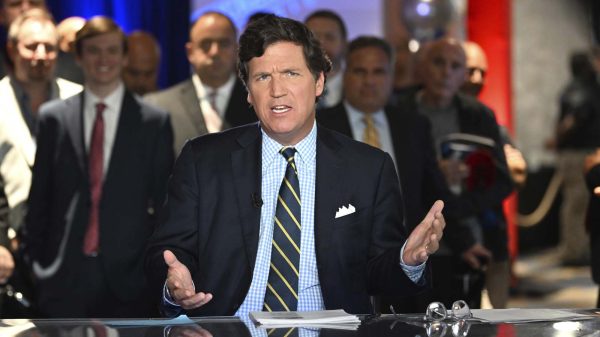
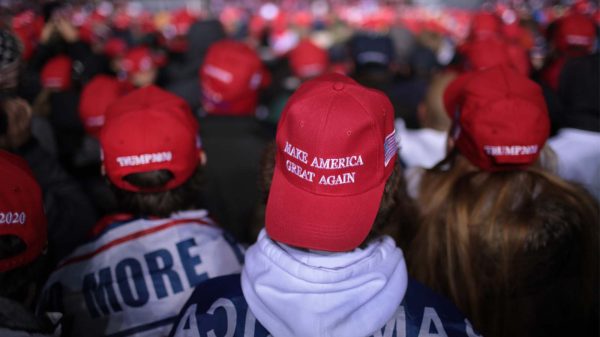
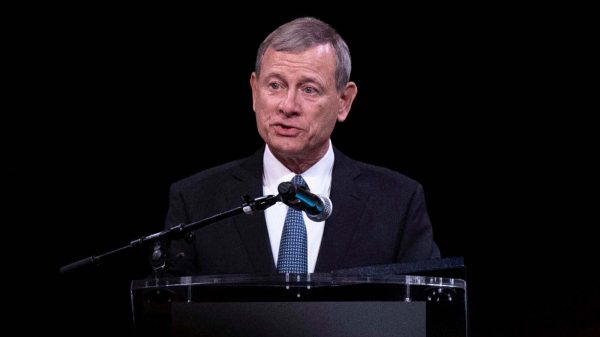
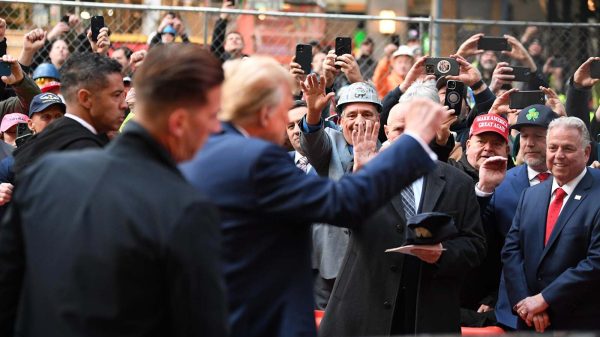
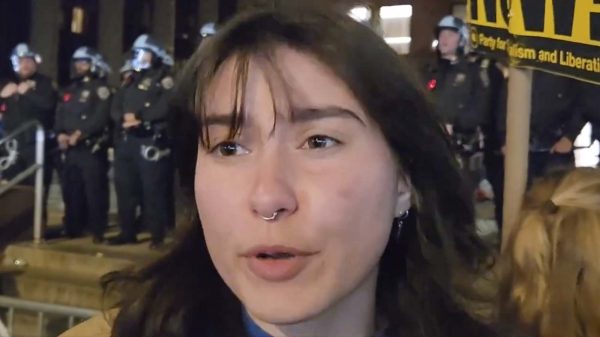
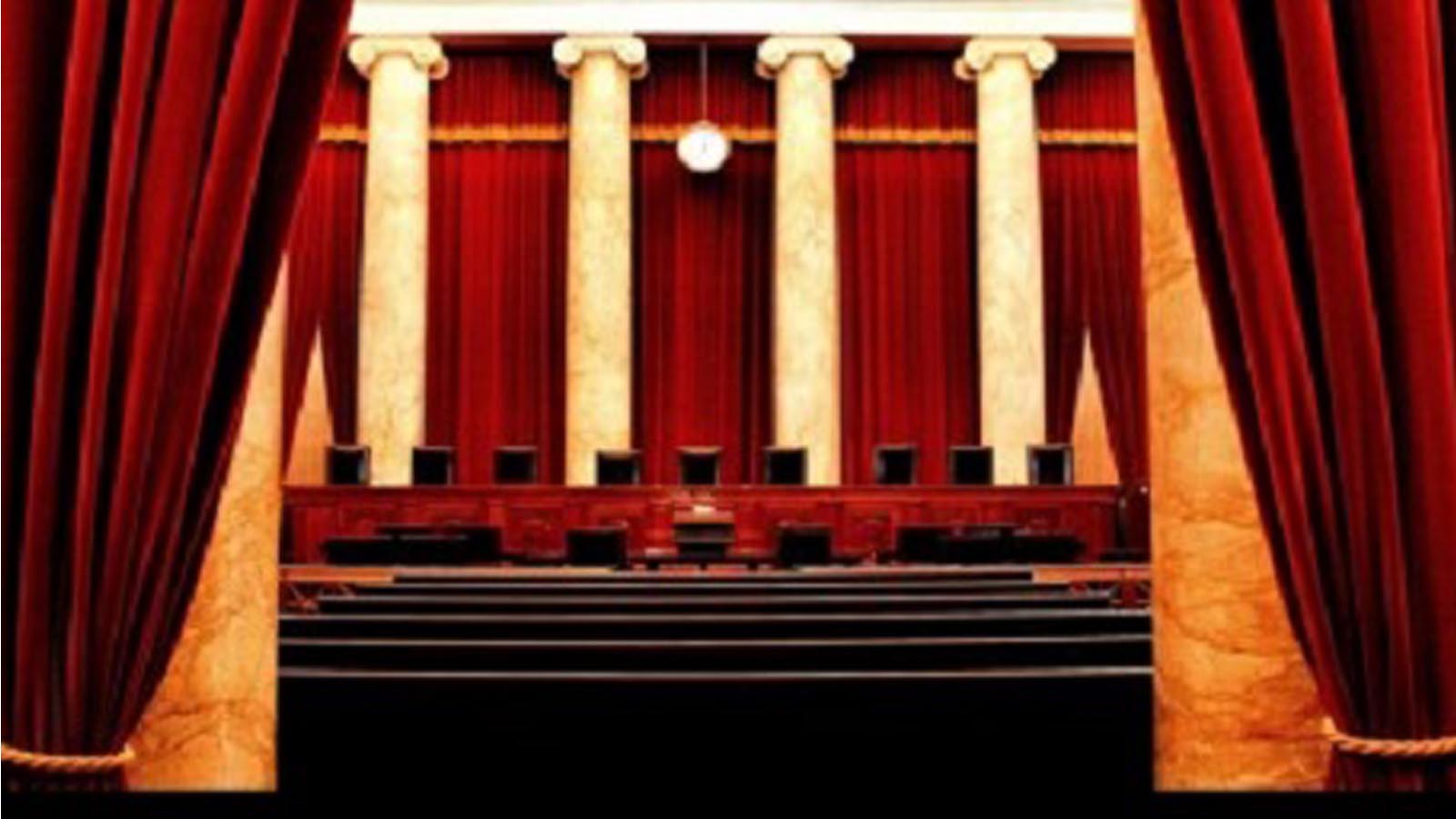


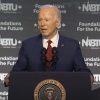
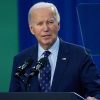

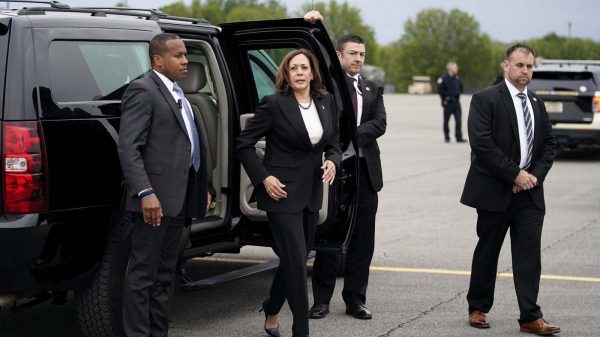
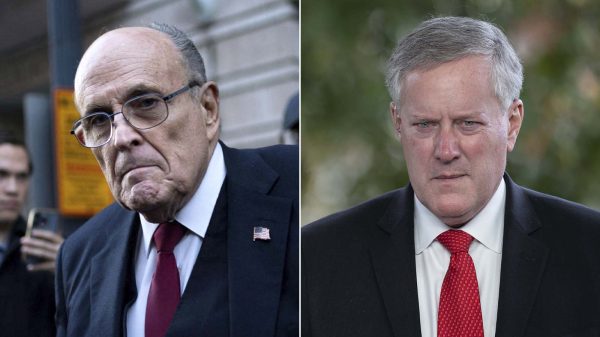
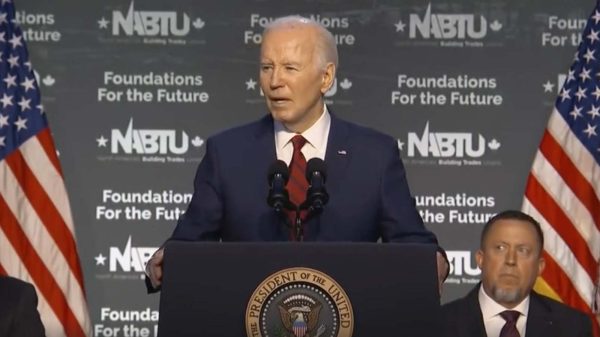
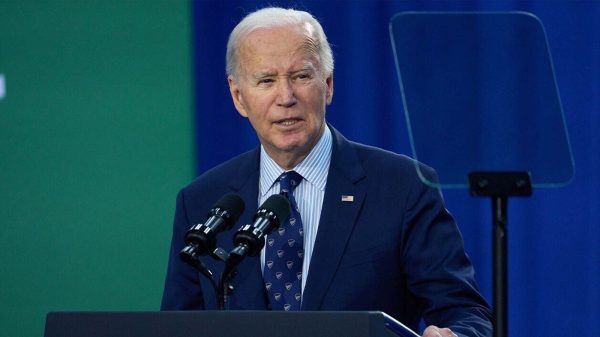
in this article of bashing the supreme court , you failed to tell the truth about abortion, the supreme court did not end abortion, they sent it back to the individual states to decide what the people want as to laws concerning the murder of babies.
Wow- not the usual balance article. Are you being threatened??